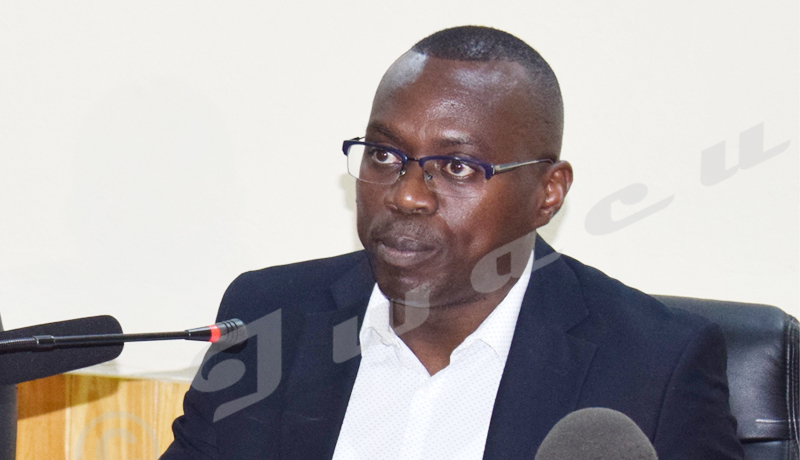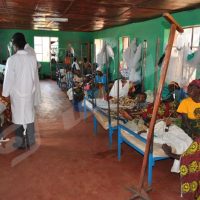“Malaria epidemic did not occur in Burundi in 2019,” said Jean Bosco Girukwishaka, spokesman for the Ministry of Public Health at a press conference held on 6 November.
He however admits that, cases of malaria have increased this year compared to last year.

Jean Bosco Girukwishaka, spokesman for the Ministry of Public Health
He says that this increase in malaria cases was due to two main reasons namely the fact that the last campaign of distribution of insecticide-treated mosquito nets was conducted in July 2017 when Burundi declared malaria to be an epidemic. “Cases of malaria have decreased significantly in 2018 because the population was effectively protected against anopheles mosquitoes that transmit plasmodium,” Girukwishaka said, adding that the hot climate during some periods of this year have created favorable conditions for the multiplication of anopheles mosquitoes.
In the first four months of 2019, malaria cases were around 600,000. They increased substantially during the next two months from 600,000 to 900,000. Thanks to the government’s efforts to set up mobile clinics to approach the care to the population, malaria cases dropped since July 2019 from 900,000 to 805, 126. While in August there were 524,987 cases, in September, 491, 030 while the provisional figures of malaria cases in October are less than 100,000. “The situation is under control, following the preventive measures implemented by the Ministry of Health,” reassures Girukwishaka



















 IWACU Open Data
IWACU Open Data

